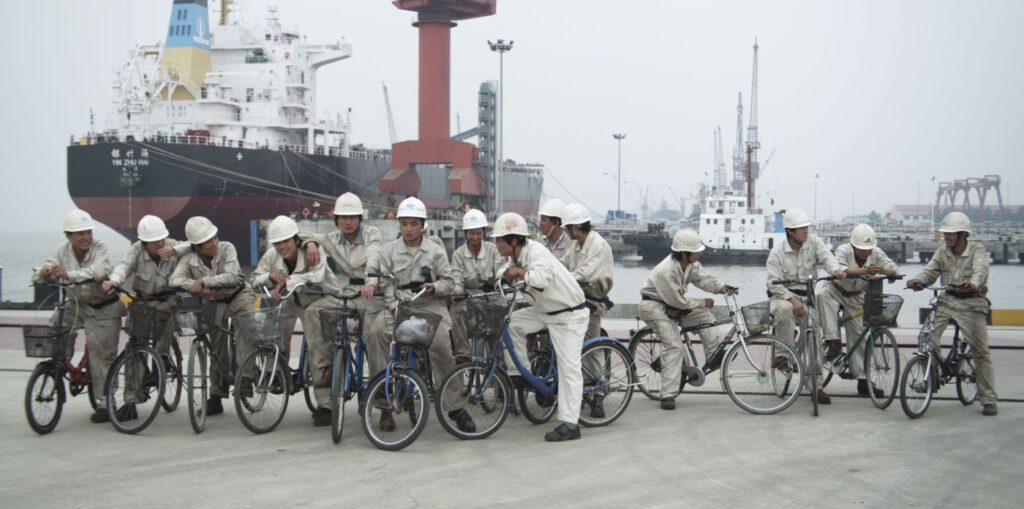Jia Zhangke’s 2010 Chinese documentary “I Wish I Knew” (传奇) is an elegant, poetic portrait of the port city of Shanghai. To mark its 10th anniversary, the film was released in the US for the first time in January 2020.
People of different ages tell of their personal experiences in the rapidly changing political conditions of the city in the last century in a calm, thoughtful atmosphere. The beginning of world trade by the British after the first opium war, the occupation by Japan, the civic struggle between the Kuomintang and the Communist Party, the Cultural Revolution and the opening up of the economy are the historical backgrounds for the moving life stories.
Actors, artists and directors, but also members of criminal family clans and people who have found their financial happiness are mainly heard. The protagonists report great successes and painful losses. A once celebrated star is an enemy of the new situation in the next moment, forced to flee to Taiwan or Hong Kong. At the same time, the new system offers others an opportunity to ascend and shape their path. You can see excerpts from old propaganda films that supported the current political narrative, in which persons from the interviews have directed or acted in. It shows the worlds of the city’s architecture from the past to the present, in which Zhao Tao, the actress and partner of the director, runs through a completely changed Shanghai in 2010, which has continued to develop rapidly to this day.
In his films, such as Still Life (2006), Mountains May Depart (2015) and most recently Ash Is Purest White (2018), Jia Zhangke has always dealt with the theme of finding identity in a country in eternal rapid change through stories over long periods of time. Using the example of the city of Shanghai, “I Wish I Knew” deals with a society whose history and culture has been repeatedly broken, reinterpreted and turned back and forth, and looks to the future with this profound insight.
